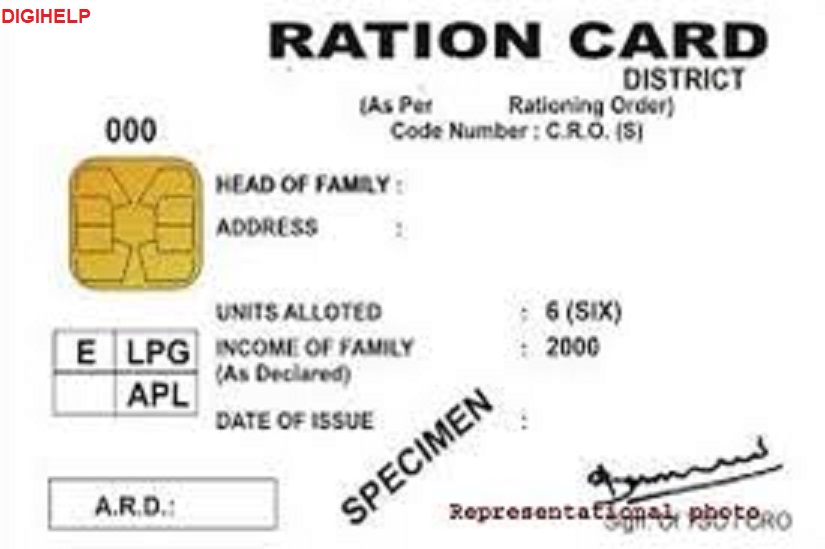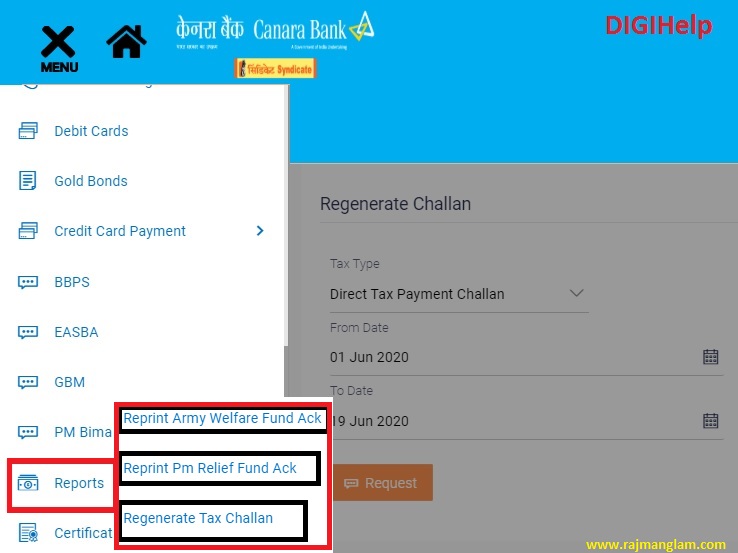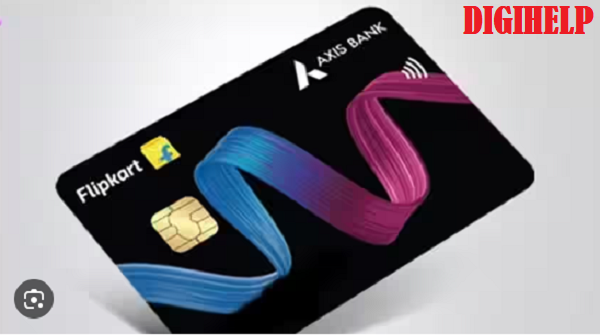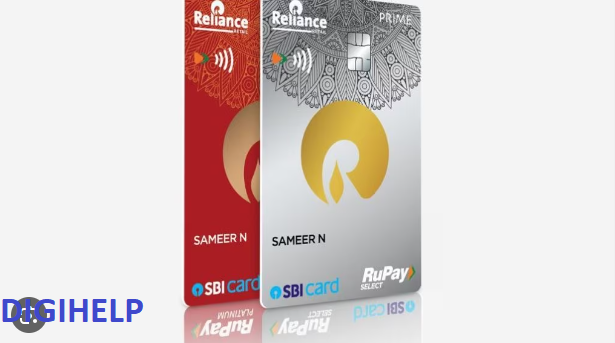Know the ways to transfer fund from Credit Card to Bank Account or Credit Card Balance Transfer – As per the policy guidelines the transfer of fund from Credit Card to bank account is prohibited but there are ways to do it. During a financial emergency, you may remit the credit card unused fund to bank account but not advisable as transfer of funds from Credit card to bank account charges are very high.
Check out the charges for transferring the fund from Credit Card to bank account :
Key Highlights :
- 1 Check out the charges for transferring the fund from Credit Card to bank account :
- 2 Know to Transfer Money From Credit Card To Bank Account
- 3 Steps to transfer credit card balance to bank account:
- 4 1. Using PayZapp eWallet
- 5 How to Use PayZapp to transfer money from Credit Card to bank account?
- 6 Transfer money from Credit Card to bank account using Paytm:
- 7 How to use Paytm to transfer money?
- 8 Transfer fund using a money transfer credit card:
- 9 How to transfer using money transfer credit card:
- 10 Charges – List of Credit Cards allow fund transfer or balance transfer
- 11 Review: Zomato Credit Card, Co-branded with RBL Bank, Apply Online
- 12 Point to remember while transferring fund
- 13 Credit Card Balance Transfer – FAQs
- 14 How much can I transfer from one credit card to the new one?
- 15 How many times can I transfer my credit card balance?
- 16 Make it Popular:
- Cash advance interest rates: credit cards can be used to transfer money to bank accounts with higher interest rate. The interest rate charged is either at the cash advance rate or the rate charged is usually higher than the one charged on regular purchases.
- No interest free days: This to remember that there are no interest free days in case of cash withdrawal.
- Cash advance fee: There are charges from Rs 100 to as high as Rs 500 or 3% of the total amount transferred to the bank account as cash advance fees.
- For international transfers: in case of money transfer from credit card to an account overseas, there could be some restrictions or regulations. But, if the transfer is allowed, an individual has to pay an international transaction fee along with other fees and charges.
Know to Transfer Money From Credit Card To Bank Account
Steps to transfer credit card balance to bank account:
There are a number of ways you can do this. Listed below are some popular methods:
1. Using PayZapp eWallet
PayZapp, an HDFC supported ewallet which offers complete payment solutions. This app allows you to send money to anyone in contact list or transfer money to bank account. You can link the credit card of any bank to PayZapp eWallet.
How to Use PayZapp to transfer money from Credit Card to bank account?
1. Open the PayZapp app and click on pay /send money.
2. Click on the bank icon and fill the details and amount.
3. Click on continue button to finish the transactions.
Important Points to Remember:
- Update Your KYC with PayZapp.
- It implies 2.36% of service charge including GST.
- The amount up to Rs 5,000 can be transferred, the money gets credited instantly.
- Maximum limit for transfer is Rs 1 Lakh a month.
- Transfers can be done only between 3 AM to 9 PM.
Transfer money from Credit Card to bank account using Paytm:
Paytm allows transferring fund from credit card to bank account. The fund transfer facility is instant. Paytm charges minimum 3% of the transferal amount as convenience charges.
Also Read – YES Premia Credit Card Reward Points Revised
How to use Paytm to transfer money?
Add money on Paytm:
- Open the Paytm app and click on add money option.
- Enter the amount you wish to transfer
- Select credit card method and fill card details.
Transfer money through Paytm:
- Open app and click on passbook options.
- Click on “transfer to bank” option.
- Fill the required details
- Enter the amount to transfer
- Click on send button and complete the process.
Transfer fund using a money transfer credit card:
There are variants of Money transfer credit cards which by default enables the transfer of fund from credit card to bank account at 0% interest rates. It varies from bank to bank. So, if you want to make a big purchase or pay off some existing debt, then using these cards makes sense.
How to transfer using money transfer credit card:
- Log on to net banking and enter customer ID and password.
- Go to third party fund transfer and select Visa Card Pay.
- Enter the required details
- Confirm transactions.
Charges – List of Credit Cards allow fund transfer or balance transfer
State Bank of India: SBI’s credit card balance transfer feature can be activated by logging into SBI Card’s official account or even sending the bank an SMS. You can repay the amount between a period of two and six months. However, do note that you will be paying an interest of 1.7 per cent per month in case the tenure to return the money is six months.
Axis Bank: Axis Bank’s balance transfer tenures are between a three- and six-month period with the minimum amount transferred coming to Rs 5,000. The three-month period does not have a rate of interest, but you are charged if you take six months to pay the amount.
ICICI: ICICI Bank allows you to foreclose the payments, provided you have paid up the amount (which includes interest). In case you avail an ICICI Credit Card Balance Transfer, then you have a three- or a six-month period to pay the amount off. There is an interest charged on the amount and is payable along with the amount transferred.
HSBC: HSBC offers balance transfer period between three months and 24 months. You can call the bank, do it online, or send the bank an SMS.
Standard Chartered Bank: Standard Chartered Bank’s Balance Transfer Facility allows you to transfer amounts up to Rs 5 lakh to your Standard Chartered Credit Card. The interest rate, too, is competitive, with 0.99 per cent being paid in the first six months. Following this, you will have to pay interest rates based on the card you own. In case you are a Standard Chartered Bank Credit Card holder, then you can make a payment of a minimum of five per cent of the transferred amount every month.
Kotak Mahindra Bank: You can transfer a minimum of Rs 2,500 to your Kotak Mahindra Bank card. However, there is no limit to the maximum amount as long as it is 75 per cent of your maximum credit card limit. Like all credit cards, you can avail the balance transfer facility by logging in, making a call or sending a text message.
Review: Zomato Credit Card, Co-branded with RBL Bank, Apply Online
Point to remember while transferring fund
While balance transfer on a credit card is an advantage, the individual availing this feature needs to keep the following points in mind before taking this step.
– Credit limit will reduce: The credit limit of your existing credit card reduces. This amount corresponds to amount you have transferred from the old card to the existing one. For example, if your credit limit is Rs 1 lakh, and you have transferred a balance of Rs 75,000, then your credit limit automatically becomes Rs 25,000.
– Pay off your dues : In case you avail a balance transfer on your credit card, then you should pay off your dues within the nominal interest rate period. If you fail to do so, you will be paying higher interest rates.
– Lower interest rates not applicable to new purchases: Do note that the rate of interest will be the one originally offered by your credit card issuer.
– Don’t swipe your card: Ideally, avoid using your card for purchases until you have paid off the balance transfer amount. This will not only help you pay your card off, but will also improve your credit rating.
Credit Card Balance Transfer – FAQs
How much can I transfer from one credit card to the new one?
You can transfer an amount equal to the credit card limit of the new credit card i.e. if your credit limit on your old card was Rs 1 lakh and you need to do the balance transfer to the new card that has a credit limit of Rs 50,000, then you can only transfer Rs 50,000 to the new card. You will have to pay the rest of the Rs 50,000 on your own.
How many times can I transfer my credit card balance?
Banks too do not entertain constant balance transfers. As such the number of times you can transfer your balance is a subjective thing which is purely at the discretion of the bank you have in mind.






